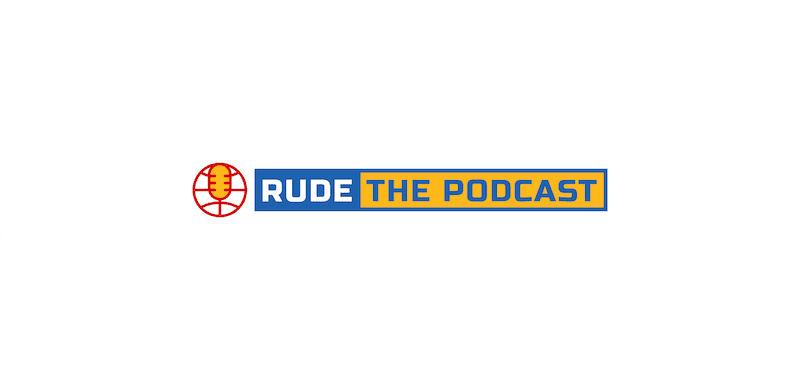
Telehealth companies Hims & Hers Health Inc., Noom Inc. and Sesame Inc. have lured individual customers with low-cost versions of popular weight-loss shots like Ozempic and Wegovy. Now, theyâre going after employers, too, as the medications become an in-demand perk.
After Noom began offering a compounded copy of Wegovy for $149 a month, chief executive officer Geoff Cook said he was âactually a little surprisedâ by the level of employer interest. âThe announcement seemed to bring folks out of the woodwork,â Cook said in an interview. âThey were clearly already investigating if this could be a solution for their employees.â
Though Noom had offered brand-name versions of drugs like Ozempic since May 2023, there had been little employer interest due to price. The name-brand drugs, made by Novo Nordisk A/S and Eli Lilly & Co., can cost upwards of $1,000 a month.
As more people flock to GLP-1 drugs for weight loss, employers who cover them are suffering from sticker shock. About 14 percent of employers who pay for weight-loss drugs are considering dropping coverage because of cost, according to a survey by the consulting firm Willis Towers Watson Plc. About 70 percent of businesses that donât cover the drugs said the expense was the main obstacle, while almost half said they were interested in exploring cheaper alternatives.
So-called compounded weight-loss drugs have emerged as a more cost-conscious option. US regulators allow certain pharmacies to make copies of medications when brand-name drugs, like Novoâs, are in shortage, without requiring them to conduct the same rigorous approval process as name-brand drugs.
Already, bankers estimate annual sales of the compounded drugs have ballooned to at least $1 billion as hundreds of thousands of Americans turn to telehealth companies and compounding pharmacies for cheap versions of the drugs.
Drugmakers Lilly and Novo have raised concerns about the quality of the knockoffs, saying some compounded medications they tested were contaminated with bacteria or chemical impurities. Telehealth firms like Hims are pushing back, saying the copycat drugs they sell are safe and effective.
Risks Ahead
Relying on compounded drugs also comes with risks for employers. The supply issues that gave rise to the off-brand alternatives are starting to resolve, which could restrict the ongoing availability of compounded versions. In early October, the FDA announced that Lilly is able to meet demand for its drugs Mounjaro and Zepbound. When the shortage was declared over, the FDA initially barred compounding pharmacies from continuing to make copies of Lillyâs drugs, although that decision is now tied up in litigation.
Noom, Hims and Sesame said they donât sell compounded versions of Lillyâs drugs, and that the end of the Zepbound shortage wonât affect their businesses.
Novo, too, is working to ramp up supply of its weight-loss medications, which could impact the supply of compounded drugs with semaglutide, the active ingredient in Novoâs Ozempic and Wegovy. But Sesameâs president and co-founder, Michael Botta, suggested thatâs a far-off concern for employers that are focused on sorting out their weight-loss drug coverage plans quickly. âEmployees are demanding this, itâs becoming something that people are asking HR questions about regularly,â he said.
Botta said at least one large health-care organisation reached out to Sesame to explore a partnership that would provide compounded weight-loss drugs to employees that are fully insured but whose plans donât cover the brand-name versions. The health-care system wants to retain its workers, who are in high demand and can easily hop to other competing employers, Botta said.
He said Sesame is also seeing interest from companies with gig-work employment models, where workers are classified as independent contractors and donât get full health insurance benefits. Those companies want to negotiate a discounted rate with Sesame so they can provide cheaper access to the medications as a way of recruiting and retaining workers.
âItâs happening more in industries where thereâs some real competitive drive to retain a workforce,â like health care, childcare and home health services, Botta said. Previously, employers werenât âchamping at the bitâ to add the branded drugs to benefits, he said. But lower-priced compounded drugs make it âmuch more reasonable.â
Meanwhile, Noom last week said employers that purchase the companyâs âbehaviour changeâ weight-loss programme, which includes body scans, high-protein recipes and tailored workout plans, could choose to give employees access to discounts on weight-loss medications. âThis option enables employers to offer comprehensive weight loss solutions and affordable access to GLP-1s without directly covering the cost of GLP-1 medication themselves,â Noom said in a press release announcing the new programme.
By Jo Constantz and Madison Muller

